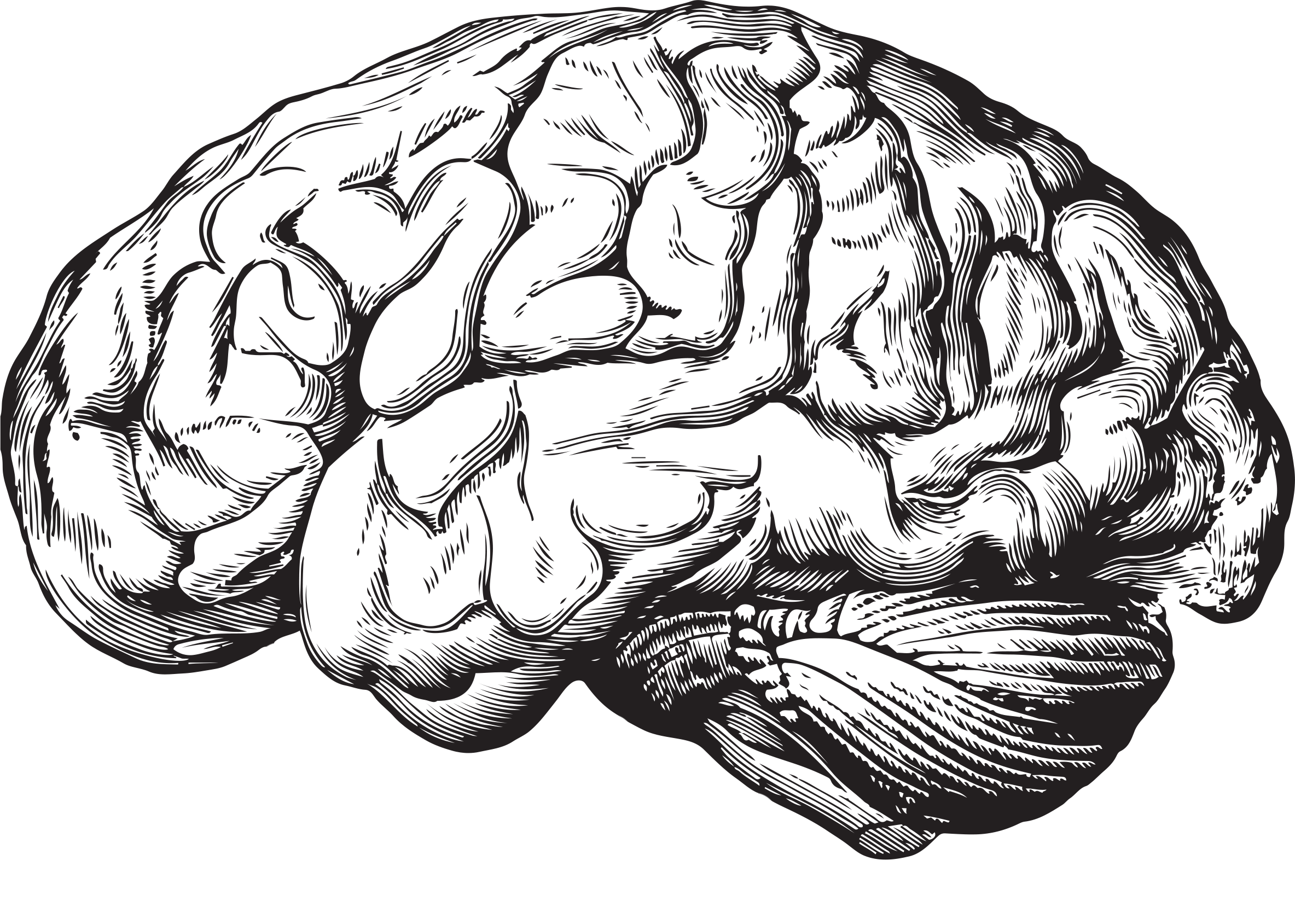WE BELIEVE IN THE POWER OF STORY
and in wielding its power wisely.
and in wielding its power wisely.

Tension triggers our brains to release dopamine. —————————————— Positive effects of dopamine: 1. Focus 2. Motivation 3. Memory —————————————— We use tension in a story to increase our audience’s attention, and to make our messaging more effective.
The prefrontal cortex is involved in decision making. —————————————— One ultimate aim of storytelling in a marketing context is to reach this part of our audience’s brain, which spurs action. People act when their rational and emotional responses are in agreement. —————————————— Our approach to storytelling blends the desire for information with the need for human connection.
Empathy is produced when oxytocin is released in the brain, which is a natural response during narrative storytelling. —————————————— “We have identified oxytocin as the neurochemical responsible for empathy and narrative transportation… When the brain synthesizes oxytocin, people are more trustworthy, generous, charitable, and compassionate” — Paul Zak —————————————— Empathy is at the heart of good storytelling, and is essential when connecting with your audience. At the end of the day, empathy makes people care.
“How Stories Change the Brain”, 2013, Greater Good Magazine, University of California, Berkeley
“Emotion Enhances Remembrances of Neutral Past Events”, 2006 National Academy of Sciences
”"When we unveiled the cancer patient journey video that we did with StoryDriven, it was incredibly motivational for the organization, far beyond what I anticipated. There was not a dry eye in the room… everyone instantly understood how we had moved from an aspirational academic spinout and biotech startup to an established business that directly impacted cancer patient care."
Michael Stocum, MSFormer and Founding CEO of Inivata, President of Personalized Medicine Partners